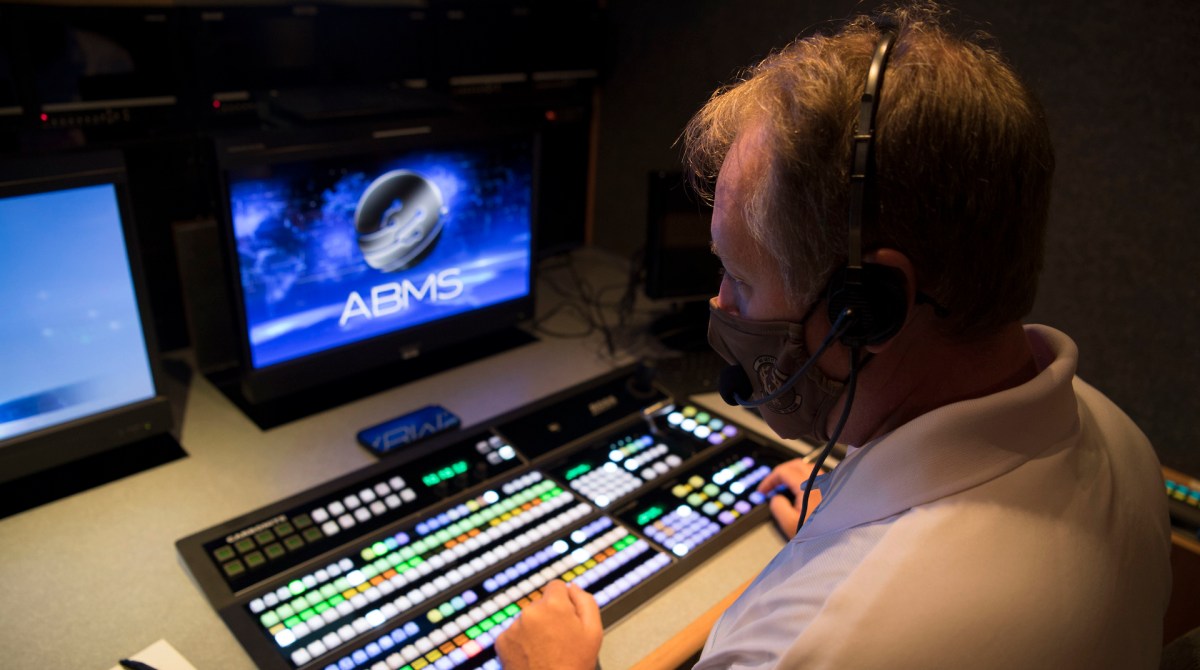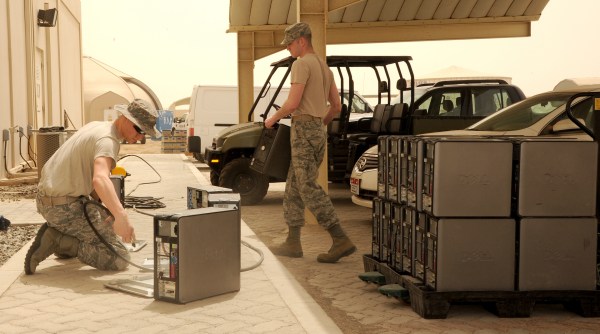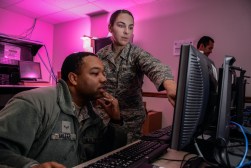Losing bidders protest Air Force’s $5.7B Enterprise IT as a Service award to CACI

The three companies that lost out in bidding for the Air Force’s $5.7 billion Enterprise IT as a Service contract to a team of contractors led by CACI have each issued protests of the award.
Accenture, Peraton and Science Applications International Corp. each filed their protests Friday with the Government Accountability Office claiming that they presented the best option for the Air Force’s EITaaS — a program meant to outsource basic IT services so that the department can free up airmen for more specialized, cyber-focused network defense and mission assurance.
Each company has alleged that the Air Force improperly evaluated bid proposals in deciding the winner of the decade-long contract, saying that CACI didn’t have adequate prior experience to meet the requirements under the contract, among other things.
All three companies also raised concerns about an alleged conflict of interest stemming from CACI hiring former Air Force employees whose knowledge it used to prepare its quote.
The Air Force late last month announced the award to a team led by CACI NSS, with support from Bowhead Logistics Management, Cartridge Technologies, InSequence, Cask NX, CDIT, Vision Information Technology Consultants, Oneida Technical Solutions, Enhanced Veterans Solutions, and Expansia Group.
The GAO will have until Dec. 19 to issue a determination on the protests. Meanwhile, this will halt work under the contract, which has been in development for several years.
The Air Force first issued “risk reduction” pilots under the EITaaS program in 2018 to AT&T and Microsoft.
Now, with this latest contract, the service looks to kick off wave 1 of the full-scale EITaaS program, which will give the Air Force modernized enterprise IT service management, one platform and one easy way to enter a trouble ticket for more than 700,000 users worldwide, CIO Lauren Knausenberger said recently.
On top of that, users impacted by wave 1 should experience faster login times and higher functioning devices, and devices on those networks are expected to have “automated and non-invasive compliance checks, integrated security management, improved troubleshooting, and perpetual device refresh and hardware updates,” the Air Force announced last year.





